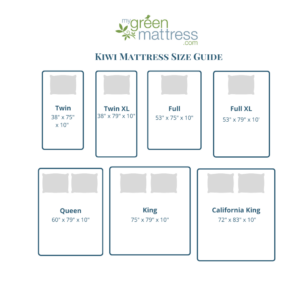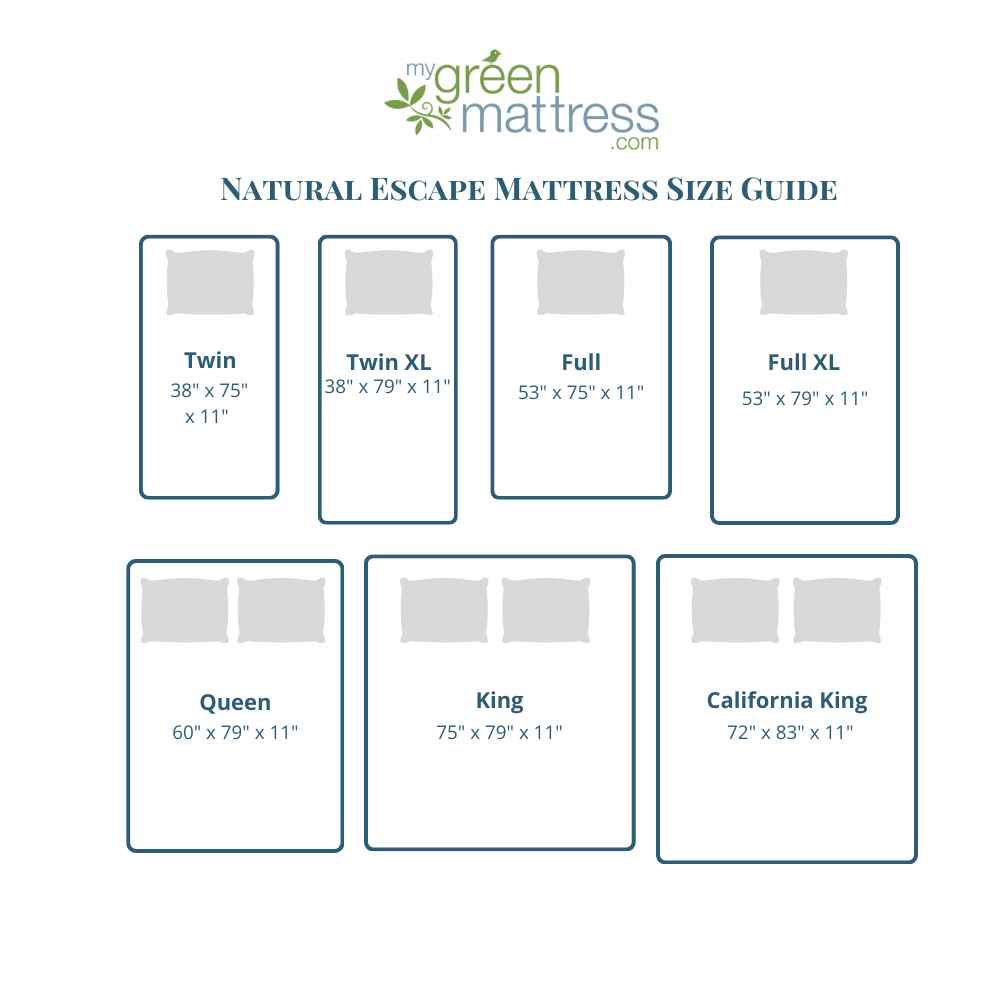Sleep apnea is a sleep disorder in which breathing repeatedly stops and starts throughout the night, affecting about 18 million Americans. If left untreated, it can have serious health consequences.
For many of those who suffer, sleep apnea is a hidden condition. People might go for years or even decades before officially being diagnosed with this condition. Ignoring this condition doesn’t come without its consequences.
According to Johns Hopkins Medicine, uncontrolled sleep apnea could be a cause of habitual distracted behavior, mood swings, and loss of productivity. Studies have also shown a link between sleep apnea and a host of dangerous, even life-threatening problems, such as diabetes, strokes, and even heart attacks.
So, what is sleep apnea? What causes sleep apnea, and what are the signs of sleep apnea? Most importantly, can sleep apnea be cured and what are the best sleep apnea treatments?
We’ll discuss all of that and more, including specialized sleep apnea pillows and machines you can use. Keep reading to discover it all.

What Is Sleep Apnea?
Sleep apnea is a sleep disorder that causes your breathing to repeatedly start and stop during sleep. This can occur hundreds of times a night, leading to a lack of restful sleep. It can also cause excessive daytime sleepiness, memory problems, or difficulty concentrating. There are two types of sleep apnea to be aware of: central sleep apnea (CSA) and obstructive sleep apnea (OSA).
Obstructive sleep apnea is much more common and occurs when the muscles of the throat relax and block the airway. Central sleep apnea is the result of the brain being unable to properly signal your muscles that control breathing. This type of sleep apnea is rare and usually the result of other health issues like stroke, heart failure, or sleeping at a high altitude.
Sleep apnea can be a serious health concern. It increases the risk of developing heart disease, stroke, high blood pressure, diabetes, and depression. It can also lead to an increased risk of motor vehicle accidents due to daytime sleepiness.
What Causes Sleep Apnea?
Sleep apnea can be caused by a variety of factors, including genetics, age, gender, body weight, and lifestyle. People who are overweight or obese are at higher risk of developing sleep apnea, as extra fat can press down on the airway and restrict breathing. Men are also more likely to develop sleep apnea than women.
Smoking, alcohol use, and certain medications can also increase the risk of sleep apnea. It can also be caused by structural problems in the airway, such as a large tongue, enlarged tonsils, or a deviated septum. In some cases, it can be caused by an underlying medical condition such as a thyroid disorder or heart failure.
Signs of Sleep Apnea
If you think you may be suffering from sleep apnea, there are several signs and symptoms to look out for. These include loud snoring, gasping or choking during sleep, waking up with a dry mouth or sore throat, excessive daytime sleepiness, difficulty concentrating, morning headaches, and irritability.
If you experience any of these symptoms, it is important to seek medical advice. Your doctor will be able to diagnose sleep apnea and recommend the best treatment for you.

Sleep Apnea Treatments
Once sleep apnea is diagnosed, there are several treatments available to help manage the condition. These include lifestyle changes such as losing weight, avoiding alcohol and certain medications, and quitting smoking. These factors all individually contribute to learning how to sleep better, too. You stand to gain countless benefits when you get professional help for your apnea.
Your doctor may also recommend using a continuous positive airway pressure (CPAP) machine. This machine provides a steady stream of air to the airway to keep it open during sleep. It is the most effective treatment for sleep apnea.
Other treatments include dental appliances, surgery, and lifestyle changes such as avoiding alcohol and sleeping on your side.
Sleep Apnea Machines
If your doctor recommends a CPAP machine, you will need to select one that is best suited to your needs. Different machines have different features and levels of comfort, so it is important to find one that is comfortable to use.
Some of the features to look out for include adjustable pressure settings, an auto-titrating mode, a quiet mode, and a humidifier. A humidifier will help to keep your airway moist and reduce the risk of congestion.
Sleep Apnea Pillow
Sleep apnea pillows are designed to help keep your airway open during sleep. They can be used in combination with a CPAP machine and can provide additional comfort.
The pillows are designed to support the neck and shoulders and keep the airway open. They’re available in a variety of shapes and sizes to suit different bodily needs.
Can Sleep Apnea Kill You?
In extreme cases, sleep apnea can be life-threatening. It can lead to an increased risk of heart attack, stroke, and other cardiovascular problems. It can also increase the risk of motor vehicle accidents due to daytime sleepiness.
However, with proper treatment these risks can be greatly reduced. It is important to seek medical advice if you think you may be suffering from sleep apnea.
Can Sleep Apnea Be Cured?
Unfortunately, there is no cure for sleep apnea. However, with the right treatment, it can be managed and the symptoms can be greatly reduced. It is important to seek medical advice if you think you may be suffering from sleep apnea so that the best treatment can be recommended.
Sleep apnea is a serious sleep disorder in which breathing repeatedly stops and starts. It can have serious health consequences if left untreated. In this article, we have discussed what sleep apnea is, what causes it, the signs and symptoms, treatments, machines, and pillows that can help, and whether sleep apnea can be cured. If you think you may be suffering from sleep apnea, it is important to seek medical advice so that the best treatment can be recommended.
Is Sleep Apnea Genetic?
Two types of sleep apnea exist: central sleep apnea (CSA) and obstructive sleep apnea (OSA). Researchers have found that several generic factors can contribute to the development of OSA.
Such characteristics include total body fat and distribution, Parkinson’s disease, type 2 diabetes, and high blood pressure. If you have a close family member who has any of these health conditions, you may be at risk for OSA as well. It’s best to talk with a doctor if you’re experiencing any sleep apnea symptoms.
Types of Sleep Apnea
As mentioned above, there are two types of sleep apnea–OSA and CSA. CSA is much more rare than OSA and is caused by the brain’s inability to properly signal the muscles that control breathing.
OSA is the more common type of sleep apnea and is frequently caused by weight or other health-related problems. If you’re waking up suddenly accompanied by gasping for air, your partner says you snore loudly, or you notice you’re constantly tired during the day, these are all big signs.
There are other, more subtle signs such as sudden mood changes, waking up with a dry mouth or throat, and having trouble concentrating during the day. If you’re experiencing any of these symptoms, especially several of them over time, seek medical help and treatment right away.
How to Treat Sleep Apnea
If you have or believe you have sleep apnea and want to engage in holistic treatments first, there are many actions you can take. Check out these recommendations on how to treat sleep apnea by yourself (at least at first):
- Lose weight. Losing weight is the most impactful step you can take to improve sleep apnea. Excess body weight makes it harder for your respiratory system to move air in and out of your lungs.
- Sleep on your side or stomach instead of your back. In some cases, back sleepers discover that their tongue and soft palate rest more easily against the back of their throats. Sleeping on your side prevents this from happening and makes it easier for your airways to open up. It doesn’t hurt to find the best mattress for your back, too, especially because side sleeping requires even more support than back sleeping.
- Quit smoking and minimize drinking. Both cigarette smoke and alcohol can make it more difficult to breathe, which is the last thing you want when you’re trying to get rid of sleep apnea.
- Try sleeping in a cooler room. If you normally sleep in a fairly warm room, it’s worth reading about the best temperature to sleep in. Research shows that the majority of people have an easier time breathing at night in a cool room.
- Consider using non-prescription nasal spray or strips. The easier your nasal passages can stay open, the less likely your body will subconsciously revert to mouth breathing. You can achieve this with nasal strips or spray, which either promote the opening of your nasal passages or keep them cleared out in the first place.
- Nasal CPAP mask: This type of mask covers the nose from the upper lip area (philtrum) to the bridge, and works well for those who move around in their sleep. It doesn’t work well for people who breathe through their mouth.
- Nasal Pillows: A nasal pillow works well for people who want minimal facial coverage as they are less restrictive.
- Full Face CPAP machines: These are more restrictive but work well for mouth breathers. They also work well for users who may sleep on their back.









